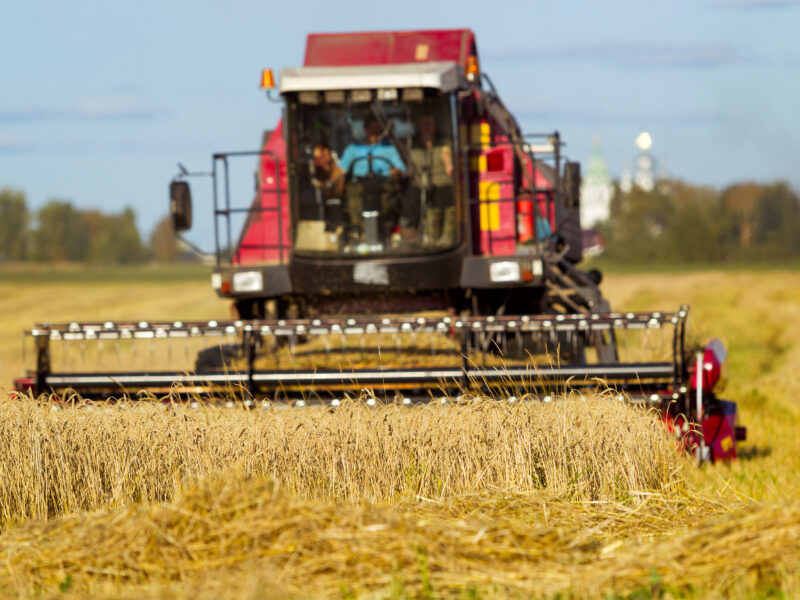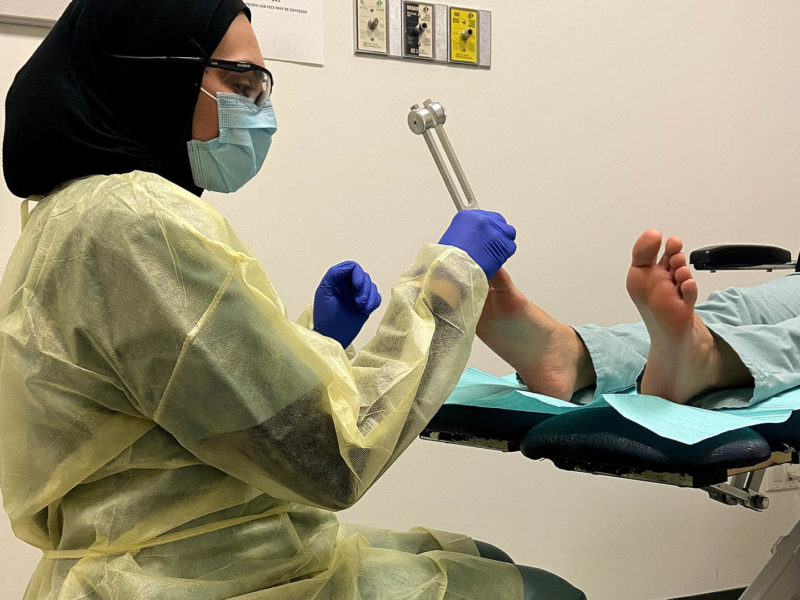Rural, Remote, & Northern Communities
Project
Project Connect: Professional Project Administrator Program
Indigenous Peoples represent the fastest growing and youngest population in Canada, offering critical potential to address skills shortages. Yet systemic inequities in access to education and training persist, resulting in lower employment outcomes and increased vulnerability to economic downturns.
Research
Technology and Agriculture: Adoption and Barriers
Without explicit educational support, small and midsize enterprises (SMEs) and diverse-owned agribusiness may be left out of the AgTech revolution. Skills-based supports are needed to maintain market competitiveness and ensure technology literacy and adoption issues are equalized—not accentuated—among groups.
Research
Supporting Rural Agriculture Entrepreneurship: Reframing the Discourse
This research examined how agriculture sector stereotypes impair the growth and sustainability of the sector. Rural agriculture entrepreneurs face several challenges more than traditional businesses.
Research
Greenification of SMEs
This report provides an investigation of existing competency frameworks for green skills in order to identify a framework suited to SMEs. We found current frameworks typically focus on new workforce training and large-enterprise models, and lack consideration of Canadian-specific regulations, smaller organization structures and accessible technical skills.
Project
Supporting place-based SMEs in the rural Yukon in post-pandemic environment
The initiative focused on enhancing small and midsize enterprises (SMEs) in resource management, renewable energy, tourism and cultural ventures. These businesses, vital for self-determination and economic diversification, were shown to be vulnerable during COVID-19 due to their seasonal nature and lack of long-term planning.
Project
Testing and Evaluating the Impact of a New Model of Innovation in Workforce Development in Newfoundland and Labrador
This project was administered by the College of the North Atlantic, with the Newfoundland and Labrador Workforce Innovation Centre and the Department of Immigration, Population Growth and Skills. It aimed to test and evaluate the impact of Regional Workforce Development Committees.
Blog
Reflections from Yellowknife: Learning from Indigenous Entrepreneurship in the North
This gathering was designed with intention: to explore how entrepreneurship can strengthen community well-being, drive innovation, and shape a future grounded in shared values and Northern strength.
Project
Upskilling/Reskilling Canada's Healthcare Workers
This project incorporated employers' insights into diabetes foot care qualifications, tailored educational pathways to meet clinician needs, and offered culturally sensitive training for Indigenous populations.
State of Skills
Resilient by Design: The Skills Canadians Need Now and for the Future
To build a resilient workforce that is able to respond to and adapt to changing labour markets, whether due to unpredictable disruptions or longer-term transitions, we need a range of training and upskilling pathways that equip people with the skills they need to enter, advance, transition and return to dynamic labour markets.










